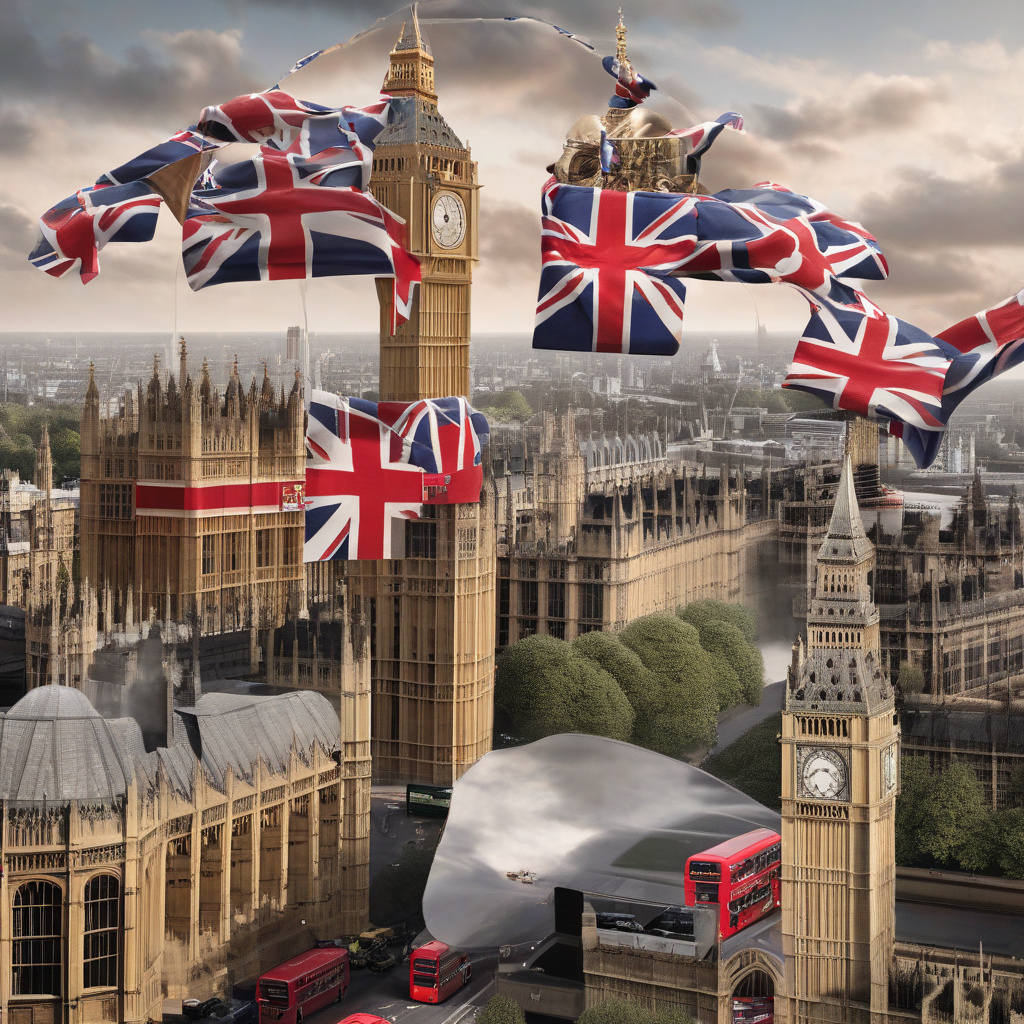Reeves Rejects Calls for ‘Buy British’ Campaign Despite Trump Tariff Hike
In an increasingly globalized economy, the notion of supporting local industries through consumer campaigns has gained traction. However, UK Chancellor Rachel Reeves has firmly rejected calls for a “Buy British” consumer campaign, even in light of the recent tariff hikes imposed by the United States under the Trump administration. This decision has raised eyebrows among industry leaders and economic analysts who argue that such initiatives could offer a lifeline to struggling British businesses.
The backdrop of this discussion is significant. The Trump administration has implemented tariffs on a range of goods, which has led to increased costs for UK exporters. Industries such as steel, whiskey, and agriculture have been particularly hard hit, prompting calls for a national campaign to encourage British consumers to support homegrown products. Advocates of the “Buy British” movement argue that such a campaign could not only help domestic businesses recover but also foster a sense of national pride and community support.
However, Reeves has taken a different stance. She argues that a “Buy British” campaign might not be the most effective solution to counteract the challenges posed by US tariffs. Instead, she emphasizes the need for a more strategic approach to trade relations and economic policy. Reeves believes that fostering innovation and competitiveness within the UK market is a more sustainable path forward than simply rallying consumers to support local products.
One of the key points Reeves makes is the importance of maintaining open trade relations. She suggests that imposing a “Buy British” mandate could lead to retaliatory measures from international trading partners, potentially exacerbating the situation for UK exporters. Instead of isolating the UK economy, Reeves advocates for a broader strategy that includes engaging with international markets and strengthening trade agreements.
Furthermore, the complexities of the global supply chain cannot be ignored. Many British products rely on imported materials and components. A strict “Buy British” policy could disrupt these supply chains, ultimately harming the very industries it seeks to protect. For instance, the automotive sector, a crucial part of the UK economy, heavily depends on parts sourced from various countries. Enforcing a “Buy British” policy could lead to increased production costs and reduced competitiveness on a global scale.
Reeves also highlights the potential drawbacks of a consumer campaign focused solely on national pride. While many consumers are willing to support local industries, they often prioritize quality, price, and availability when making purchasing decisions. A campaign that relies solely on patriotism may not resonate with all consumers, especially in a market where choices are abundant and competition is fierce.
Instead of a consumer-focused campaign, Reeves is advocating for policies that enhance the overall business environment in the UK. This includes investing in research and development, improving infrastructure, and providing support for small and medium-sized enterprises (SMEs). By creating an environment conducive to innovation and growth, the UK can equip its industries to compete effectively on the global stage.
The Chancellor’s approach aligns with a growing recognition among policymakers that economic resilience is built on more than just consumer sentiment. It requires a multifaceted strategy that addresses the underlying challenges facing industries, including tariffs, competition, and changing consumer behaviors.
The rejection of a “Buy British” campaign also reflects a broader economic philosophy that prioritizes free trade and market competition. Many economists argue that protectionist measures can ultimately lead to inefficiencies and reduced economic growth. Instead, they advocate for policies that encourage competition, drive innovation, and open up new markets for British goods and services.
In conclusion, while the sentiment behind a “Buy British” campaign may be well-intentioned, Chancellor Rachel Reeves’ decision to reject it in favor of a more comprehensive approach to economic policy is an indication of the complexities involved in navigating global trade relations. By focusing on innovation, competitiveness, and strategic trade partnerships, the UK can better position itself to withstand external pressures such as tariff hikes, ultimately leading to a more resilient economy.
#BuyBritish, #RachelReeves, #Tariffs, #UKEconomy, #TradePolicy
